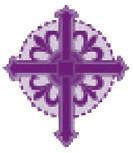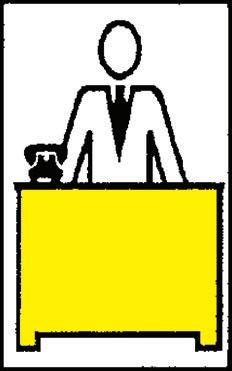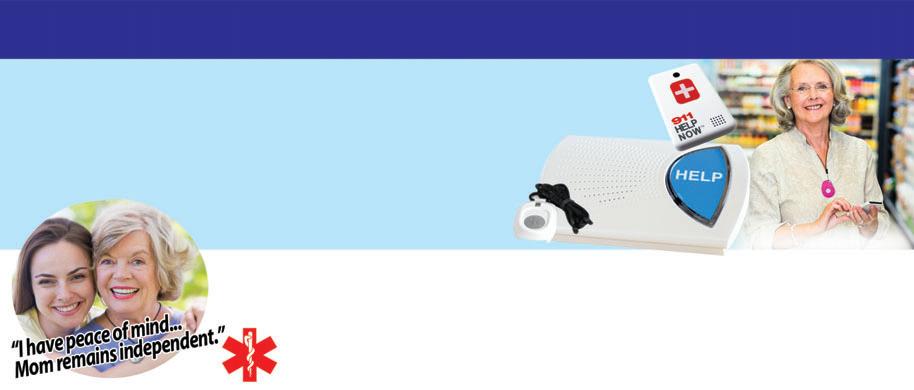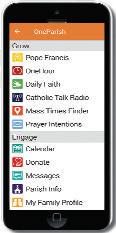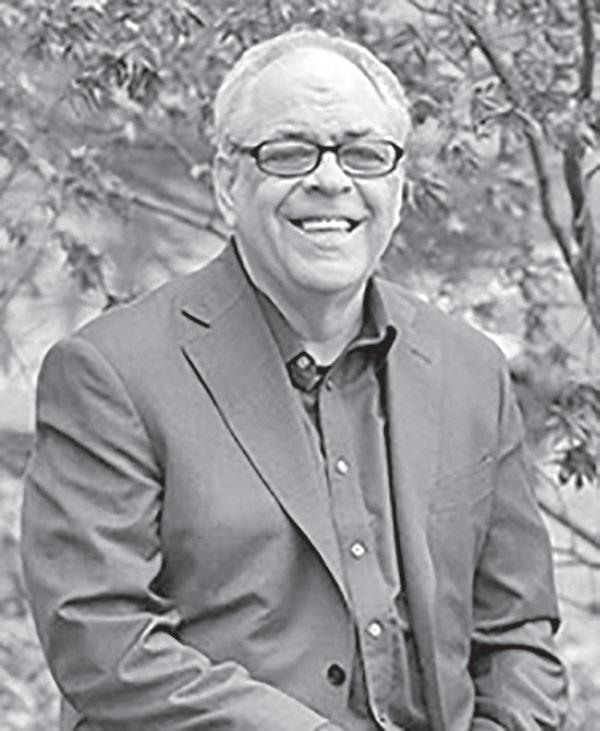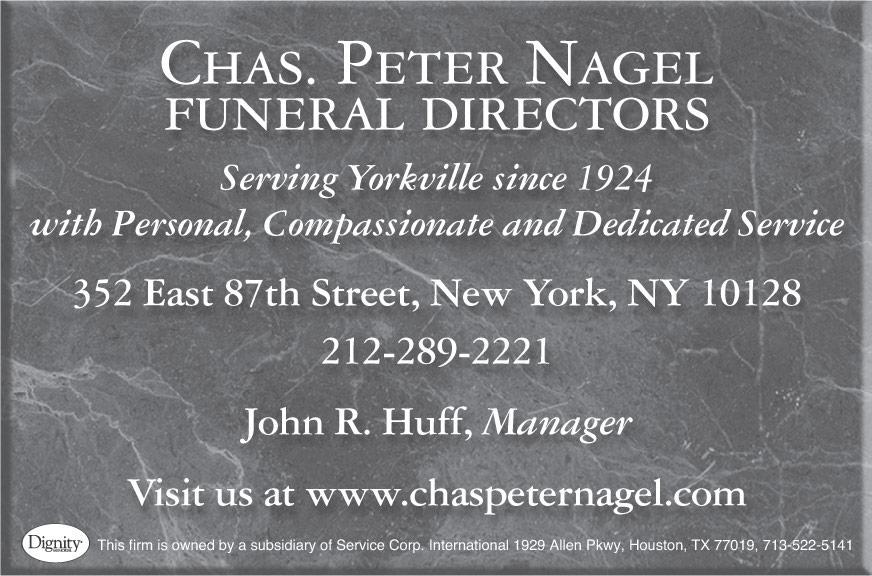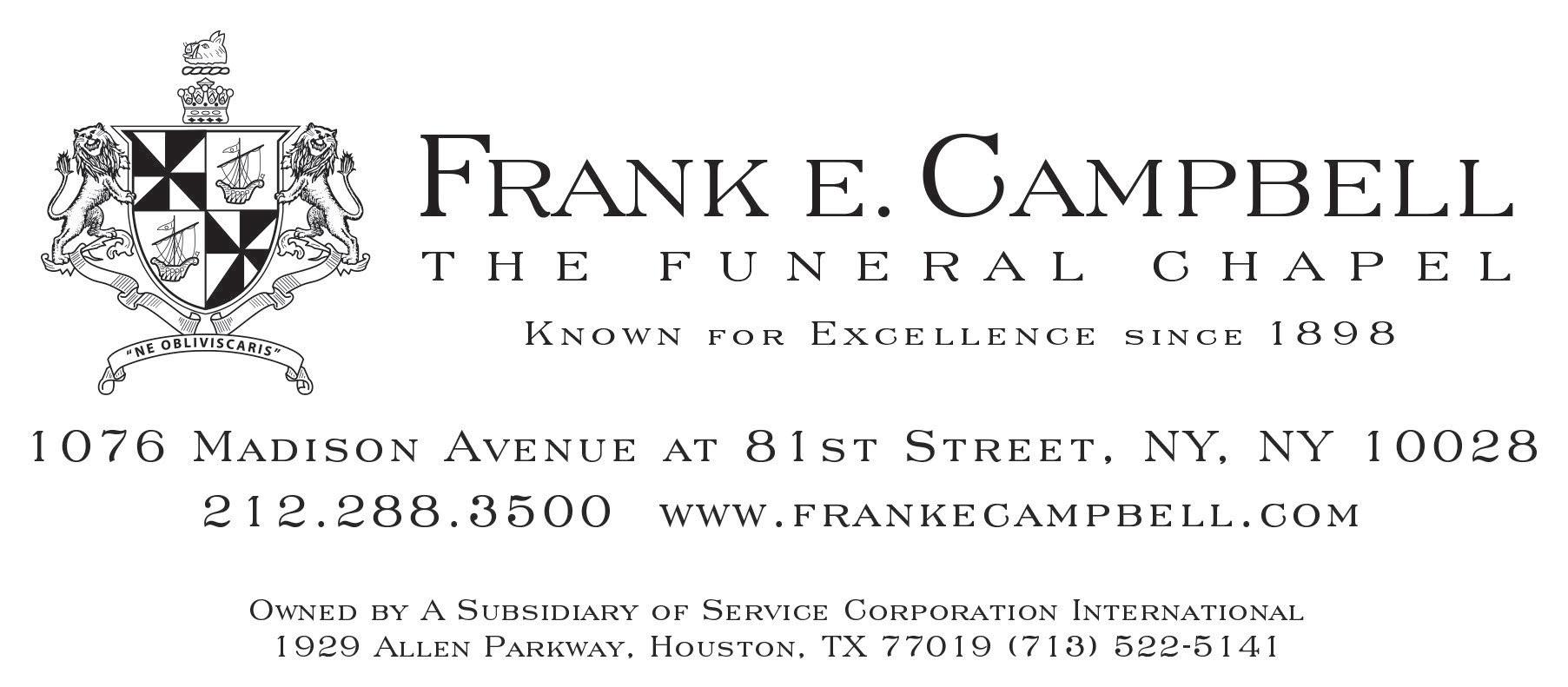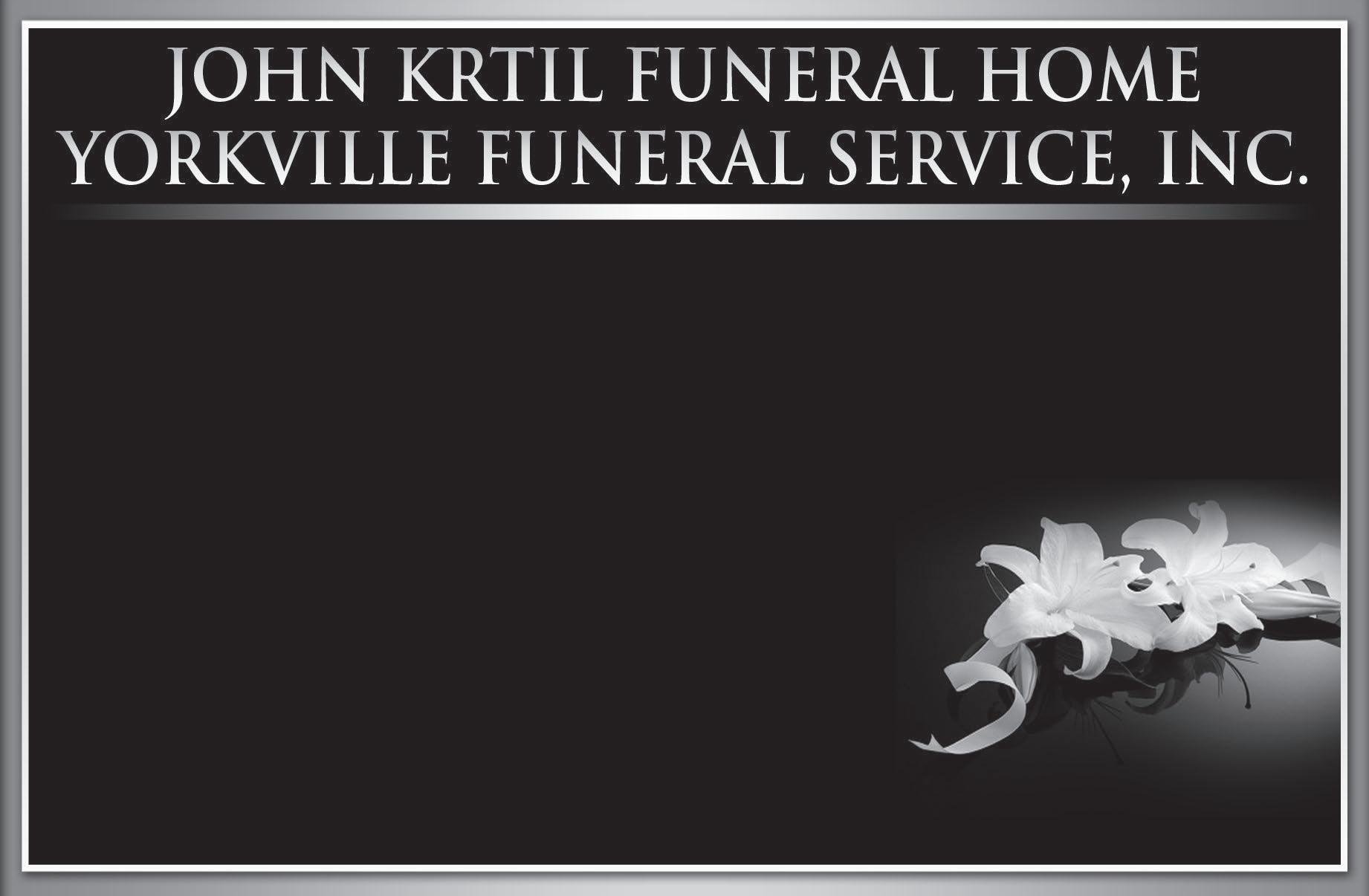






































The Roman Catholic Parish of St. Monica-St. Elizabeth of Hungary-St. Stephen of Hungary opens its doors to welcome and embrace all in our community. We strive through worship, hospitality and service to receive those seeking a spiritual home. In the midst of diversity of thought, life style, nationality, economic status & age, we endeavor to live as a community of faith and invite you to join our familya family seeking to know and love Jesus Christ.
Pastor: Rev. Donald C. Baker
Rev. Msgr. Leslie J. Ivers
Weekend Associate:
Weekend
Pastoral Associate: Ms. Maryann Tyrer
Music Director: Mr. John Zupan
frdcab@stelmo79.org
msgrlivers@stelmo79.org
Rev. Anthony Ciorra, IVD
Edward Beck, CP
mtyrer@stelmo79.org
jzupan@stelmo79.org
Wedding Coordinator: Ms. Debbi Burdett.....dbweddingsnyc@gmail.com
Parish Manager: Jennifer DeSpirito.............................jdespirito@stelmo79.org
Plant Manager: Guillermo Vanegas .......... gvanegas@stelmo79.org
Sacristan: Pedro Pizarro ...................................ppizarro@stelmo79.org
Administrative Assistant: Gladys Tejada ..... gtejada@stelmo79.org
Church Address: 413 East 79th Street, NY, NY 10075
Parish Center Address: 406 East 80th Street, NY, NY 10075 Tel: 212-288-6250 Fax: 212- 570-1562
Email: info@stelmo79.org
Our Of
ces are open:
Monday & Wednesday................................. . 9am - 4pm Tuesday - Thursday
9am - 7pm Friday
Closed Saturday
10am - 2pm Sunday
Closed for Lunch
Visit us at:
- 2pm
Follow us on social media by searching STELMO79
Daily Mass: Mon-Sat, 12 noon
Saturday Vigil: 5:30pm
Sunday: 8am, 10am, 12pm & 5pm
Confessions: Saturdays at 5pm or by appointment
Saturday, October 15th Vigil
5:30pm Kevin Boland
Sunday, October 16th
Twenty-Ninth Sunday in Ordinary Time
8:00am Mary Noonan
10:00am Jorge A. Lopez-Evejero 12:00pm All Parishioners
5pm Rita Reilly
Monday, October 17th
St. Ignatius of Antioch 12pm Msgr. Ferdinando Berardi
Tuesday, October 18th St. Luke 12pm Priests of St. Monica’s
Wednesday, October 19th
St. John de Brebeuf & Issac Jogues 12pm Pablo Damian Litrenta (Living)
Thursday, October 20th Weekday
12pm Mary McCarthy
Friday, October 21st Weekday 12pm Kathleen M. Reddington
Saturday, October 22nd Weekday 12pm Liliana R. Caniggia Litrenta (Living)
For Mass Intentions, please visit the Parish Center
Every Friday after the Noon Mass until 3pm in the church and live on-line
Miraculous Medal on Mondays after Mass in the church and live on-line
Prayed every Friday at 3pm in the church and live on-line
Every Friday at 5:10pm in the Chapel and live on-line
Saturdays at 5pm or by appointment
Every third Saturday of the Month after the noon Mass.
Baptisms & Marriages
Please call the rectory office for more information.
Communion for the Homebound:
If you know of anyone who cannot attend church because of illness or age, and would like to have communion brought to them, please contact the Parish office, so that we can arrange for a Eucharistic Minister to bring communion to them.
PRAYERS FOR THE SICK Danielle Boros, Ilene Marzek, Pranvera Buzhada, Glenda Limongi, Nigel Hall and all those ill with or recovering from the COVID-19 virus and all Victims of Military Activities
Theresa Vasquez, Msgr. Joachim Olendzki, William Ferrari, Frank Tanzella, Cynthia Maskiell, Kathleen Bohan, Barbara O’Carroll & Barbara Sova
Today, October 16th there will be a Baptism service at 1:30pm. At this service we will be baptizing:
Baptism Services are open for members of the parish to join in the welcoming of our newest members
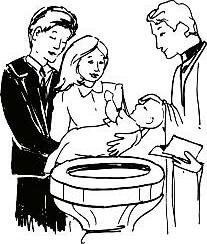
First Reading — As long as Moses’ hands were kept uplifted, Joshua and his men had the better part of the battle with Amalek (Exodus 17:8-13).
Psalm — Our help is from the Lord, who made heaven and earth (Psalm 121).
Second Reading — Remain faithful; proclaim the word; be persistent whether it is convenient or not (2 Timothy 3:14 — 4:2). Gospel — God will secure the rights of the chosen who call out day and night (Luke 18:1-8).
The English translation of the Psalm Responses from the Lectionary for Mass © 1969, 1981, 1997, International Commission on English in the Liturgy Corporation. All rights reserved.
Monday: Eph 2:1-10; Ps 100:1b-5; Lk 12:13-21
Tuesday: 2 Tm 4:10-17b; Ps 145:10-13, 17-18; Lk 10:1-9
Wednesday: Eph 3:2-12; Is 12:2-3, 4bcd-6; Lk 12:39-48
Thursday: Eph 3:14-21; Ps 33:1-2, 4-5, 11-12, 18-19; Lk 12:49-53
Friday: Eph 4:1-6; Ps 24:1-4ab, 5-6; Lk 12:54-59
Saturday: Eph 4:7-16; Ps 122:1-5; Lk 13:1-9 Sunday: Sir 35:12-14, 16-18; Ps 34:2-3, 17-19, 23; 2 Tm 4:6-8, 16-18; Lk 18:9-14
Willow M. & Arlo R. Schwalb
Please join us in congratulating: Ronald R Schwalb & Ela M. Irias on their children’s new life in Christ
408 East 82nd St., New York, NY 10028
(212) 288-1989 Fax: (212) 517 – 5788
Principal: Ms. Allyson Genova-Hall www.saintstephenschool.org
Interested in admissions to our parish school? admissions@saintstephenschool.org
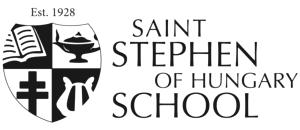
Message from St. Stephen of Hungary School, our parish school.
We are pleased to announce that the Application for the 2023-2024 school year is now available. Please refer to the school website for details. https://www.saintstephenschool.org/
SSHS Siblings and Parishioners of St. Monica-St. Elizabeth of Hungary - St. Stephen of Hungary Church are encouraged to apply. Please submit your application by November 1, 2022 to be considered in the first wave of applications.
You are welcome to register for Fall Open House starting at 8:30 am:
Please email Judy Dickson, Director of Admissions, admissions@saintstephenschool.org with any questions. We appreciate your help in spreading the word to your friends and neighbors.


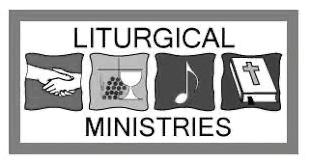

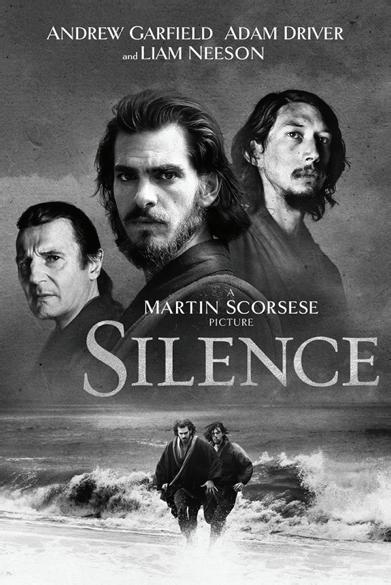
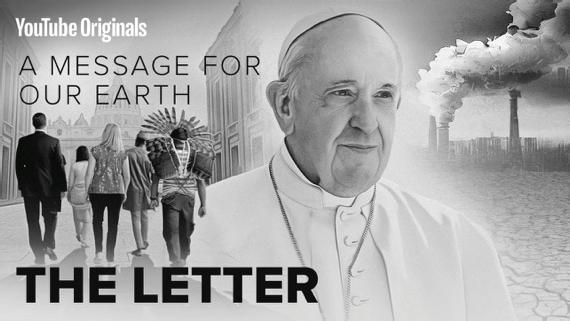
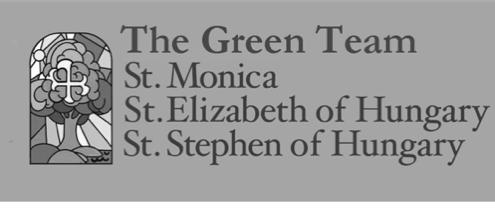

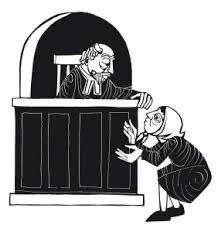

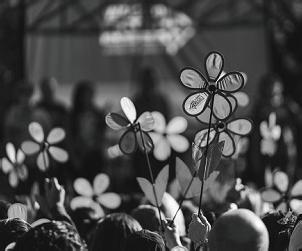
Join TEAM StElMo for this short charity walk (only 2 miles along the Battery) that will make a big difference in treatment and research for Alzheimer's disease. Walk with our team, sponsor a walker, or come down to the Seaport to cheer us on!


When: Saturday, October 22, 2022 Check in 8:30-9:30am Opening Ceremony at 10am Walk begins at 10:15am (end times vary for this 2 mile stroll)
Where: The Seaport, Piers 16 & 17, 89 South Street, Manhattan Accessible by bus (M15SBS to Fulton St.), subway (4/5 or A/C or 2/3 Fulton St. stops), or ferry (Wall St./Pier 11)
Two of us represented our parish in 2021.
of Team StElMo
Church of St. Monica -St. Elizabeth of Hungary
2022!
Stephen of Hungary
It is simple. Read the Gospel for the following Sunday slowly, reflecting on the story it tells. 2 Consider the questions suggested for each day 3 What conversion of mind, heart, and life is the Lord asking ofyou? 4. Make a resolution about how what you read can be lived that day. 5. Thank God for speaking to you through this reflection.
Lk 18:9-14
Jesus addressed this parable to those who were convinced of their own righteousness and despised everyone else. "Two people went up to the temple area to pray; one was a Pharisee and the other was a tax collector. The Pharisee took up his position and spoke this prayer to himself, 'O God, I thank you that I am not like the rest of humanity -- greedy, dishonest, adulterous -- or even like this tax collector. I fast twice a week, and I pay tithes on my whole income.' But the tax collector stood off at a distance and would not even raise his eyes to heaven but beat his breast and prayed, 'O God, be merciful to me a sinner.' I tell you; the latter went home justified, not the former; for whoever exalts himself will be humbled, and the one who humbles himself will be exalted."
Monday, October 17
Was there something in this passage that spoke to you? Comforted you? Challenged you? What was it? Why did it have an effect on you?
Tuesday, October 18
Luke indicates that this story is directed at those who “were convinced of their own righteousness and despised everyone else.” Have we ever known anyone like this? Have we ever been one of that type of person, even if just a little? If so, when? why? And what happened?
Wednesday, October 19
Both the Pharisee and the Tax Collector turn up frequently in Jesus’ parables. They are symbols for two types of people: the ones who follow the law and judge others, and the sinners who nonetheless wish their lives were different. The story invites us to ask. Which are we?
Thursday, October 20
The Pharisee is aware of his ability to follow the God’s Law. However, what does he lack? The Tax Collector is aware only of his sinfulness. What does he need? If we were to speak with each of them, what would we say? How would we challenge the Pharisee and the Tax collector?
Friday, October 21
In an astonishing turn, Jesus says that the Law-loving Pharisee is not justified. But the Tax collector is. Why? What does the Tax Collector have that the Pharisee lacked? Do we have it as well, or do we need it every bit as much as the Pharisee?
Saturday, October 22
The final sentence in the passage is a saying of Jesus; we encounter it in other places in the Gospels. We can well imagine how those who exalt themselves are humbled. But how are the humbled, exalted? Have we ever been exalted? How did it happen and why? And how did humility have anything to do with it?
Catholics are “sacramental people”. We love sacraments. In fact, sacraments were one of the problems which brought about the Protestant Reformation. Part of the “protest” was the way Catholics clung to sacraments rather than the Word of God, for faith and salvation. Even in Protestant traditions with strong sacramental theology (Lutherans, Anglicans, and some Reformed Churches), sacraments soon became sidelined in favor of the sermon.
Ever since the 20th century however, Catholics have emphasized the Word of God, placing it side by side with sacraments, and seeing them as different dimensions of the God’s one promise made in Jesus Christ. You might almost call sacraments “visible words”: through ritual and proclamation, they “enact” God’s love, forgiveness, acceptance, care, and faithfulness.
Some sacraments can be celebrated only once. We can be baptized only once, confirmed only once, ordained only once. Sacramental marriage can happen only once, but since the marriage bond lasts only until death, the surviving spouse can marry again after the death of their partner. Some sacraments are meant to be received again and again. Eucharist (communion) is one of those sacraments. So is the sacrament of Penance (confession). And so is the sacrament of Holy Anointing
The sacrament of Holy Anointing goes back to the Bible (James 5:14-15), where blessed oil was prepared and people who were sick were anointed, i.e., the oil was rubbed or poured on them along with prayers for forgiveness and healing. Over the centuries, because of its link with forgiveness and healing, anointing of the sick became anointing of the dying. This is the origin of the “Last Rites” which are so popular in catholic culture, with the priest being called at the last minute to administer this sacrament, supposed to keep the dying person out of hell.
While the Church has changed none of its teaching concerning the essence of Holy Anointing, two things have happened which have transformed its practice:
The Church now emphasizes that the Sacrament of Anointing of the Sick is not just a prayer of forgiveness for the dying, but also of healing for the living. People who are ill should avail themselves of this sacrament not just once but regularly.
The growing lack of priests means that very often priests are not available at the moment of death. Families wrongly wait to have their dying loved ones anointed, then are angered when they discover that a priest is unavailable. The priest is then blamed for not caring. Priests for their part are frustrated, for if the family had only called at the onset of illness, a time could have been arranged.
For this reason, the third Saturday of every month, following the noon mass, we offer the Sacrament of the Sick to all who wish to receive it. If you are ill, especially seriously ill, please come and be anointed. In this way should (God forbid), anything happens, it will not be necessary for you to be anointed again. (Make sure your loved ones know this.)
Also, all hospitals in the Archdiocese of New York have chaplains with access to priests who anoint Catholic patients. Often, they do it automatically when you are admitted. But if they do not, you are in the hospital, and are seriously ill, request that a Catholic priest come and anoint you immediately. Do not wait.
In this way we place Holy Anointing in its more proper context as a sacrament for the living, rather than the dying, yet still respect the comfort the sacrament gives to those who are seriously, even terminally ill. We also make it possible for more people to receive it even as the ministers who can anoint grow fewer in number.
. . . One final note: All sacraments are for the living. Just as we would not marry a dead person, we do not anoint them. If a person has died, we pray for them, and the best prayer in that case is a funeral mass.

